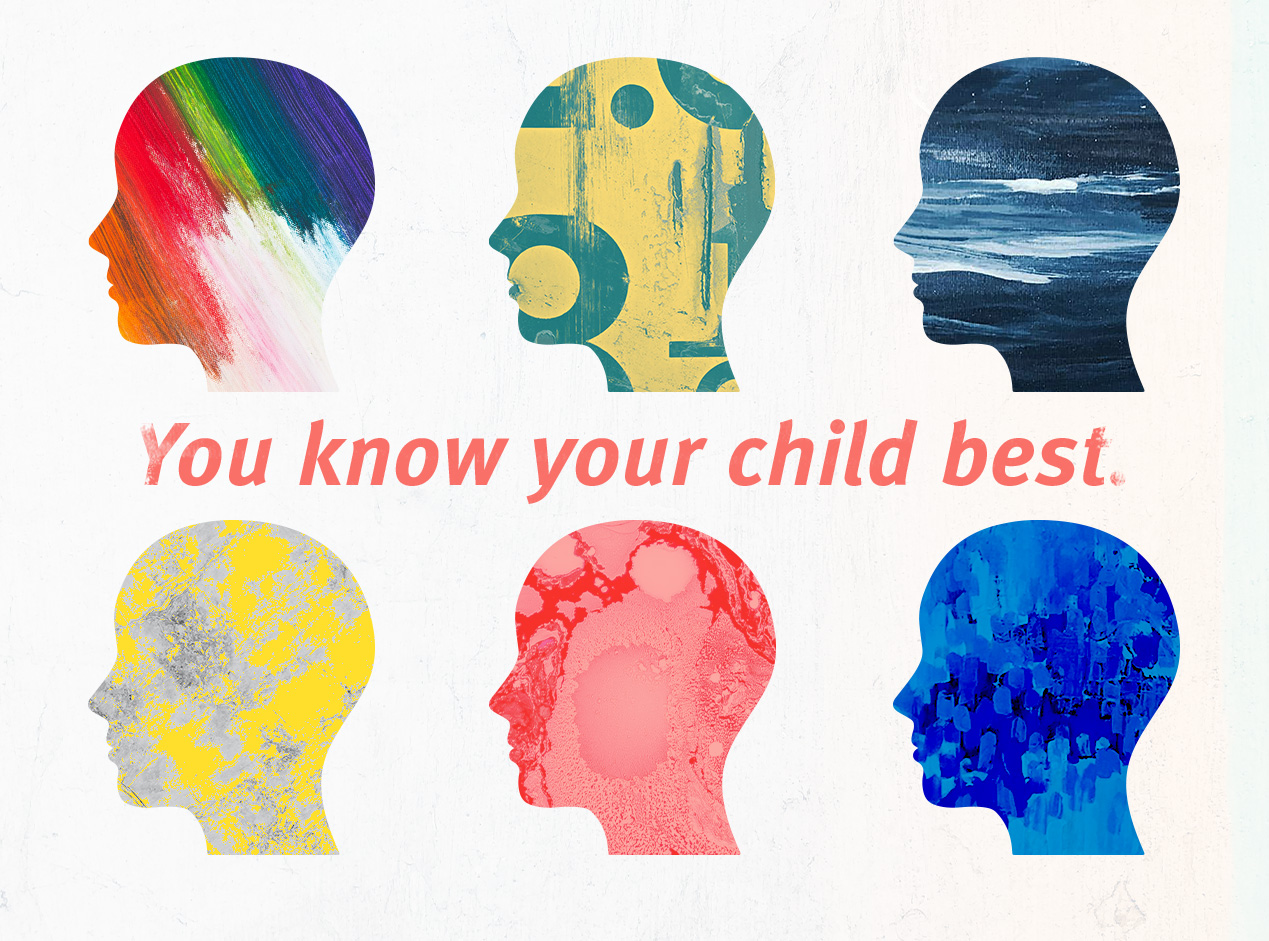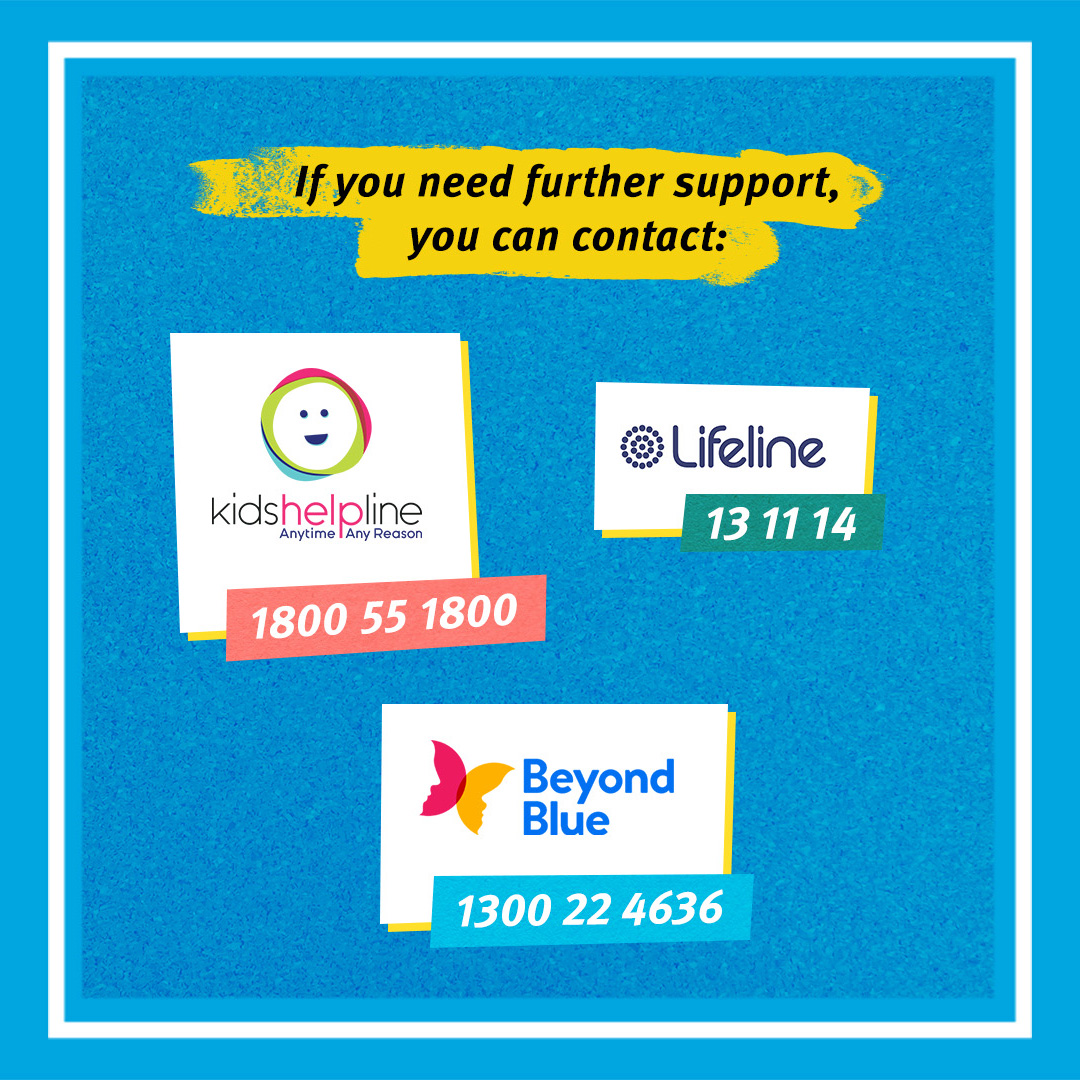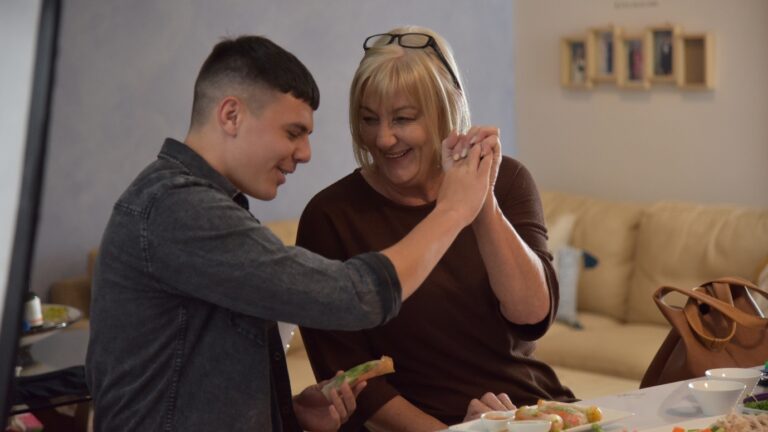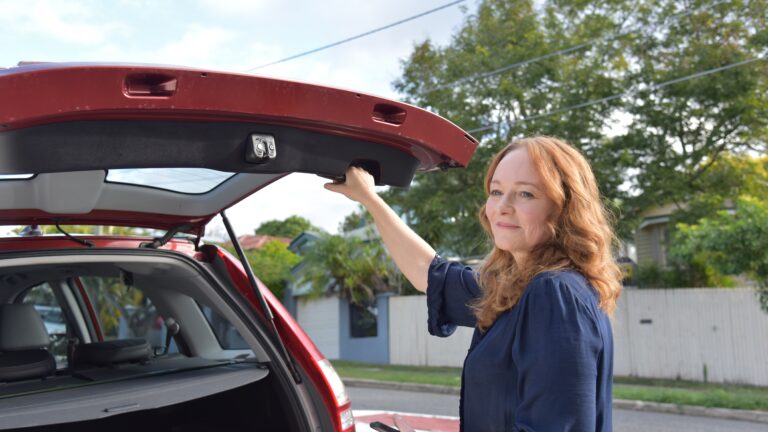Key Points
- It’s normal for your teen to be moody and push back at times as they find their own feet.
- Have difficult conversations when your child is calm and relaxed.
- Set rules to keep your teen safe.
- Let your teen have a say in smaller decisions that affect them and problem solve together to reach compromises.
- As your teen matures, give them more say in bigger matters.
- If your teen is doing something that could harm themselves or others, ensure they are safe and talk to a professional.
As your child finds their feet through the teen years into early adulthood, you may find you and your teen arguing more as you adjust to their increasing independence. While some conflict is normal and healthy, too much conflict can make life very hard. If you are in this situation, consider what’s worth fighting for and what isn’t. Being able to pick your battles can help minimise conflict while teaching your child how to be independent while staying safe.
Pick the right moment
Pick a time when your teen is feeling calm to have difficult conversations. They are less likely to get frustrated or angry if they feel rested and calm. So if your child has had a long day at school, avoid talking about difficult stuff in the afternoon and save the conversation for the weekend. Look for a moment when your teen seems relaxed and ready to connect with you and give them your full attention. If the conversation becomes heated, consider taking a break and returning to the conversation when you and your child feel ready.
Choose the right approach
For some teens, talking about an issue may not be the right approach. You know your child best and what will work for them. Your teen might be more receptive if you send them a note, a selfie video, or a series of well-timed post-it notes so they can think things through before you chat. Some teens are more comfortable talking when there is music playing or the TV going in the background and research has also found that for some teens, it’s easier to tackle tough topics when they aren’t looking directly at the other person. Consider talking to your teen while sitting side-by-side in the car or while you are doing something else like going for a walk or shooting hoops.

Consider your child’s feelings
When you and your child are discussing something, let them have their say and be open to their point of view. You don’t have to agree with their position, just try and hold back on what you think so you can talk about the situation without it turning into a fight.
- When your child knows they have a safe space in which to talk and seek guidance, they are more likely to open up to you.
- And if your child displays anger or frustration, try and look beyond their behaviour to understand what else might be going on for them.
- Are they tired?
- Could they be hungry?
- Are they getting enough down time away from screens?
- Or maybe they just need a hug.
If your instincts tell you something serious or out of the ordinary is going on and your teen is not opening up, encourage them to talk to a guidance officer or another professional.
It’s important to remember that the parts of the brain that control decision-making and impulses are not fully developed in a teen so you might need to cut them some slack when they struggle to keep their emotions in check. Keep an eye on your teen and watch whether their behaviour is just normal teenage moodiness or something more serious. If you are worried about your teen, please seek help.

Work out what’s non-negotiable
Remind yourself that the reason you set boundaries for your child is not to win a fight but to keep them safe and teach them how to be an independent person who makes good choices.
To protect your child, you’ll need to establish some rules around behaviour that could be harmful for them.
If your child is older, involve them in working out rules and consequences. When your teen is part of the process, they are more likely to stick to the rules. If you can establish some boundaries around the big things, you can give your child some freedom around smaller things and give them that sense of independence they’re craving.
Let them have some wins
If a child hears ‘no’ all the time, they are likely to tune out and be unwilling to work with you when you need to have difficult conversations. So look for opportunities for your child to make their own decisions and take responsibility for them.
Teaching your child how to be independent means stepping back. Consider what your child is ready for and let them have a go while being available to support them if they need it.
This approach reduces the likelihood of conflict because your child will be more open to your guidance on the big stuff if you show some flexibility on the small things. It’s about finding a balance between your child learning the skills they’ll need as an adult while protecting them from harm.
Make compromises
Sometimes, instead of saying no, try and find a compromise where each of you gives a little to arrive at a solution you can both live with.
Working together to reach a compromise is a great way to practise problem-solving skills, a valuable life skill for your child. And if you are each willing to shift your position just a bit, you are far less likely to end up in an argument. For example, if your teen wants to go to the movies with some friends one evening, instead of saying ‘no’, you could let them go but tell them you’ll pick them up outside the cinema at 9pm.
Remember to have fun
Remember to have some fun with your child so not every conversation is about a difficult issue. When you spend time together enjoying each other’s company, it builds trust between you and makes it easier to have those tough conversations and avoid getting into an argument.
What if my child becomes violent?
While some conflict is normal and healthy, violent behaviour is not. If your child is behaving in a violent way that could harm themselves, other people, or property, you should ensure they are safe and talk to a professional.
Last Updated: 22 February 2024





